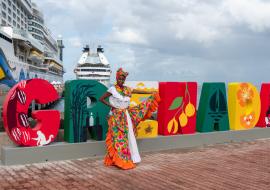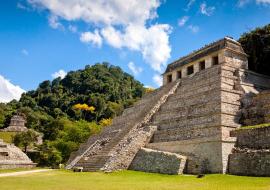Florence Implements Measures to Combat Overtourism

Florence, a city renowned for its Renaissance art and architecture, is taking decisive steps to address the rising pressures of overtourism. The historic city, in the heart of Tuscany, has long been a major tourist attraction, drawing millions of visitors each year. However, the surge in tourism has led to growing concerns from residents, who argue that the influx is negatively impacting both the city's livability and its heritage.
To address these issues, Florence's mayor, Sarah Funaro, introduced a 10-point plan aimed at reducing the strain on the city’s UNESCO-listed center. The plan includes a ban on key boxes used by short-term rental landlords for easy guest check-ins. These combination-protected boxes, once a convenience for landlords, have become symbols of frustration for locals, who have been seen vandalizing them with red Xs.
In addition to the key box restrictions, the city is limiting the use of "atypical vehicles," such as golf carts, which have become increasingly popular among tour guides. These vehicles have been used to navigate the city's car-restricted zones. The new rules also ban the use of loudspeakers and amplifiers by tour guides, addressing complaints from residents who feel overwhelmed by the noise and congestion.
Florence has already attracted 7.8 million visitors in 2024, a number that officials say is unsustainable for the small historic area. The city's council argues that the concentrated presence of tourist-specific activities in just five square kilometers (about 2 square miles) is weakening the city's cultural and residential character. The aim is to make Florence a "living and unique city" that is welcoming both to visitors and its permanent residents.
Tourists' behavior has also contributed to growing tensions. Recent incidents, such as a tourist mimicking a sex act on the statue of Bacchus, have raised alarms about the impact of mass tourism on the city's cultural integrity. In response, Florence joins other Italian cities like Venice and Pompeii, which have implemented their own restrictions in an effort to manage visitor numbers and preserve their heritage.
While these measures are a direct response to the pressures of overtourism, Italy's Tourism Minister Daniela Santanche has suggested that the country should focus on increasing tourism, not limiting it. Santanche argued that overtourism is a result of poor management rather than an intrinsic issue, suggesting that a shift in how tourism is handled—such as fostering more high-quality, long-term commerce—could be key to solving the problem.














